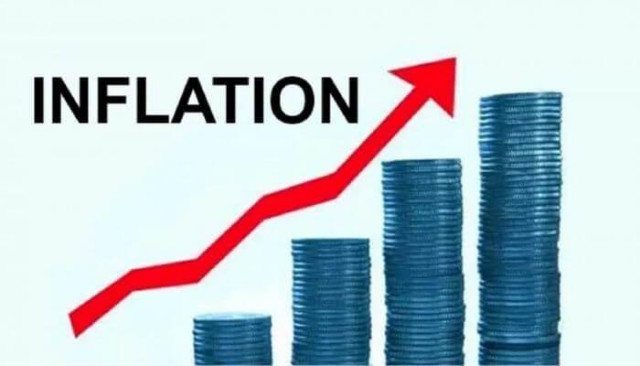Analysts have posited that the multiple factors of persistent inflation, high interest rates environment and unemployment have eroded the potential benefits of growth in the Gross Domestic Product to 3.19 per cent in the second quarter.
The National Bureau of Statistics on Monday released the GDP report, which indicated that Nigeria’s economy expanded by 3.19 per cent from the 2.51 per cent recorded in the second quarter of 2023 and higher than 2.98 per cent in the first quarter of this year.
The report also indicated that Q2 GDP performance was driven by the services sector, which grew by 3.79 per cent and contributed about 58.76 per cent to the total GDP.
Commenting on the latest GDP figures, Comercio Partners in its latest update lauded the positive turn in the Nigerian economy but also raised concerns about the real impact on Nigerians.
The firm said, “Our H2 report anticipated that non-oil business activities would play a significant role in driving the economy’s recovery. The latest data confirms this projection, as the services and industry sectors have been pivotal in propelling economic expansion.
"The consistent rise in GDP reflects a more robust economic environment, supported by broad-based improvements across key sectors.
“The recovery in the industry sector, alongside sustained growth in services, suggests the emergence of a more resilient economic framework. However, the energy sector presents a more complex picture. Although oil production increased year-on-year from Q2 2023 to Q2 2024, the decline from Q1 2024 highlights persistent challenges that may jeopardise future growth."
According to the firm, the deceleration in non-oil sector growth relative to Q2 2023 raises concerns, particularly within manufacturing and agriculture, signalling potential vulnerabilities.
It further said, “To ensure sustained positive GDP growth, it is critical that the services sector maintain its momentum and that the industry sector continue to recover. Addressing the downward trends in agriculture and manufacturing is essential for achieving balanced and inclusive economic growth.
“Therefore, policy efforts should prioritise enhancing diversification, boosting industrial output, and stabilising oil production to mitigate the risks posed by global oil price volatility,” Comercio Partners said.
Stressing the need for caution, the analysts declared, “Nigeria’s economic expansion may be ‘immiserising’, where increased GDP does not translate into improved living standards. With an unemployment rate of five per cent, inflation at 33.40 per cent, and a challenging interest rate environment of 26.75 per cent, this erodes the potential benefits of this growth.
“Given these figures, and applying Hanke’s Misery Index, Nigeria’s current score stands at 61.96 per cent, reflecting the pressures faced by the populace despite the headline economic gains.
“In conclusion, while Q2 2024 has witnessed steady progress in oil production and varied performance across non-oil sectors, the complexities of Nigeria’s economic landscape remain evident. The GDP growth in Q2 2024 signals cautious optimism, with continued expansion contingent on addressing sector-specific challenges and stabilising key growth drivers.”
Researchers at Cowry Asset Management Limited painted a more positive outlook and maintained that the normalisation and implementation of new government reforms and policies were expected to drive national output growth, particularly supported by the industry and services sectors.
Cowry Researchers said in its investor update released on Tuesday, “As expected, Nigeria’s economy continues its positive growth trajectory, defying challenges, such as high price pressures, global dynamics, a rising interest rate environment, and the continued depreciation of the local currency against the United States dollar across various foreign exchange market segments.
"This strong growth trajectory is underpinned by the pivotal role played by the non-oil sector, driven by the improved activities of financial institutions through the development of consumer-tailored financial services products and the adoption of technology to drive their operations.
“We also note the rapid expansion of the oil sector from 5.70 per cent in the previous quarter, driven by improved oil output. However, there are downside risks to Nigeria’s oil output, including crude oil theft, pipeline vandalism, and the regulators’ lack of capacity to encourage refining by local refineries.”
They noted that the expectation of a dovish tone from the Central Bank of Nigeria in September and the anticipated moderation in price levels would likely support further upward output growth.




















